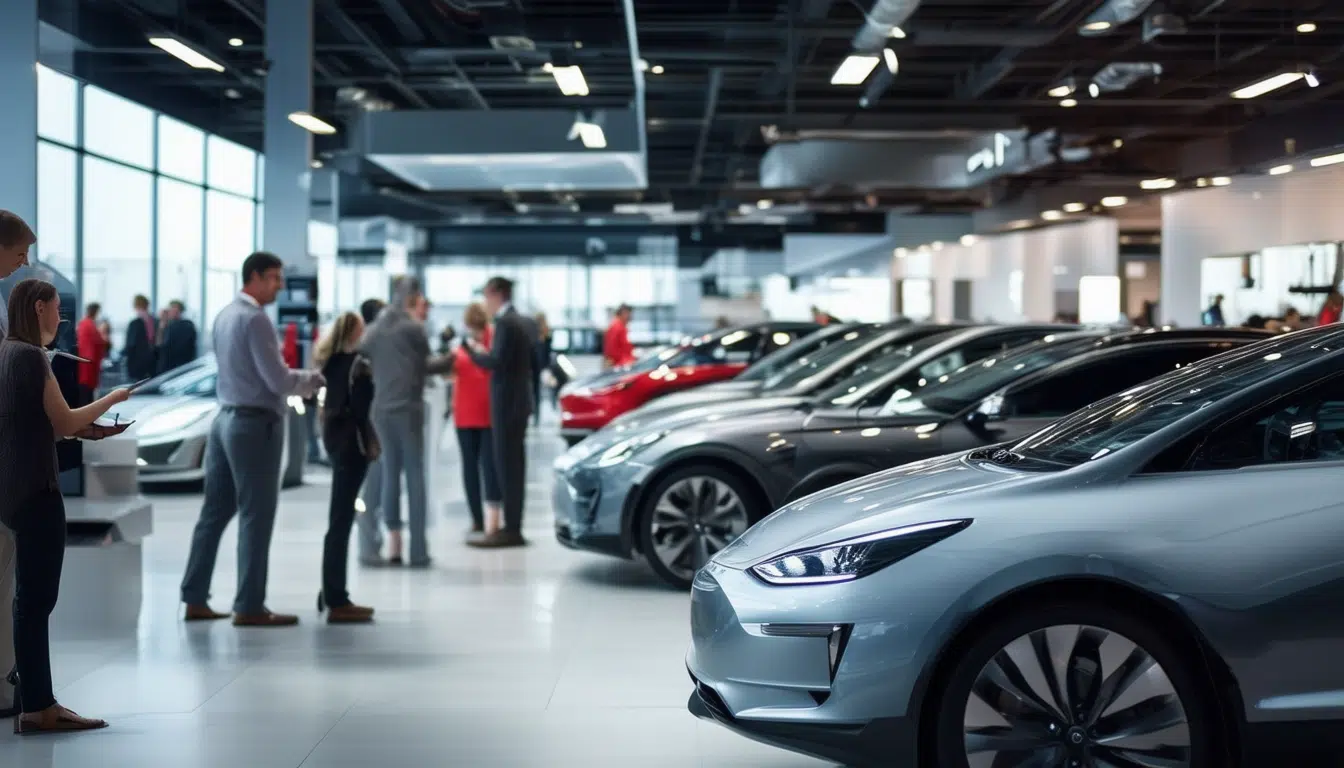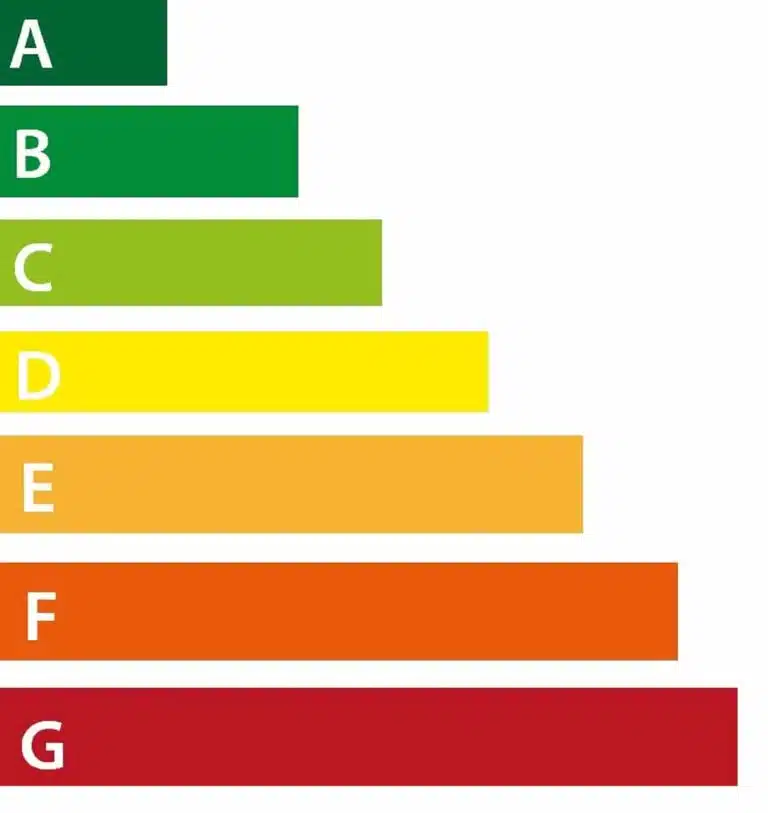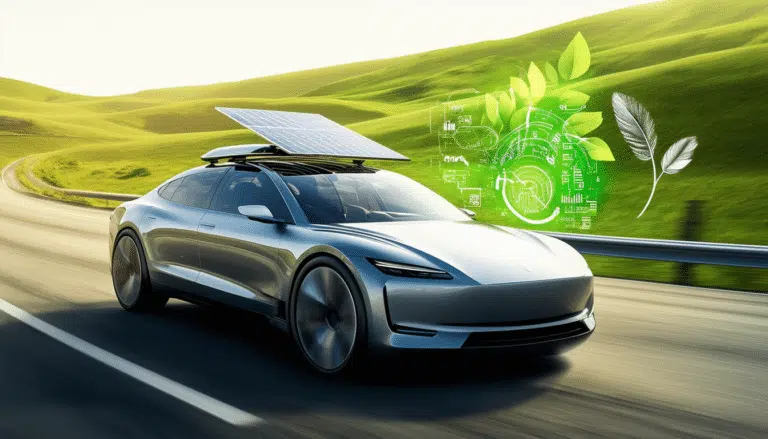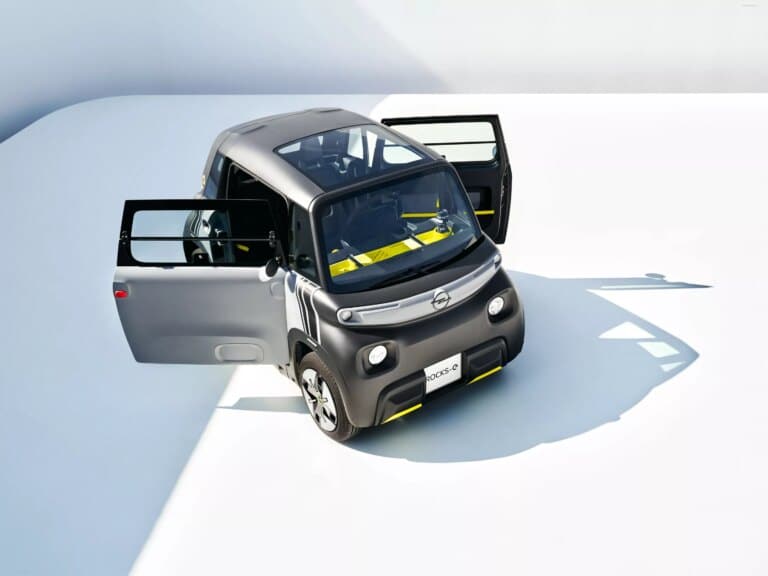¿Por qué los coches híbridos superan en ventas a los eléctricos? Descubre su clave del éxito

Currently, the automotive market is undergoing a transformation towards more sustainable vehicles. While the future seems to lean towards fully electric cars, hybrid cars are consistently outpacing their electric counterparts in sales. This type of vehicle has found its place as a transitional solution that offers the best of both worlds: energy efficiency and fewer emissions, combined with the familiarity of internal combustion engines. The popularity of hybrids lies in their ability to adapt to current conditions, where various challenges still prevail for the mass adoption of electric cars, such as limited charging infrastructure. Thus, hybrids have managed to position themselves as a practical and appealing option for consumers.
In a constantly evolving automotive market, hybrid cars have managed to capture consumer attention, surpassing sales of fully electric vehicles. This phenomenon is due to multiple factors, including energy efficiency, usability flexibility, and the economic advantages offered by hybrids. Additionally, they contribute to a decrease in pollutant emissions, allowing access to low emission zones. This article delves into the reasons behind their success and how they compare to electric vehicles.
The current context of the automotive market
The rise of hybrid cars in the automotive market is favored by recent technological and regulatory developments. As governments, particularly in Europe, establish stricter laws to reduce CO2 emissions, hybrid cars are positioned as an attractive intermediate option between traditional combustion vehicles and pure electric ones.
With specific restrictions such as the creation of low emission zones, hybrids, with their ECO label, allow users to circulate freely in restricted urban areas, providing access that conventional cars no longer have.
Technological advantages of hybrid cars
Combination of engines
The main characteristic of hybrid vehicles is their dual propulsion system. They include an internal combustion engine and one or more electric motors, supported by batteries that recharge during driving and through regenerative braking. This combination allows hybrids to take advantage of both types of engines, improving energy efficiency and reducing emissions.
Optimized performance
Hybrid technology enables vehicles to operate exclusively on the electric motor at low speeds, such as in urban environments, where fuel savings and emission reductions are essential. When accelerating, the electric motor provides an additional boost to the combustion engine, offering a smooth and responsive driving experience. This efficiency in energy management offers buyers a sustainable alternative without the concerns of limited range typically associated with electric cars.
Flexibility and convenience
Hybrid cars offer a flexible solution that is often perceived as less logistically challenging compared to electric vehicles. The fear of a lack of charging points and the need for charging infrastructure, which represents a challenge for many potential electric car buyers, makes hybrids a more convenient option. They can refuel at any gas station, thus eliminating the anxiety of range and the availability of chargers.
Economic considerations
Economically, hybrid cars represent a advantageous investment. Although the initial cost may be higher than that of traditional combustion vehicles, the economic benefits manifest in fuel savings and reduced long-term maintenance costs, lower than those associated with traditional cars. Furthermore, tax incentives for low-pollution vehicles and government policies that encourage the use of hybrid technology make these cars attractive to a broader base of consumers.
The consumer perception
Consumers often see hybrid cars as an ideal intermediate solution that balances environmental concerns with usability convenience. While some buyers may feel uncertain about fully electric technology, mainly due to its novelty and limited charging infrastructure, hybrid vehicles provide a middle ground that combines innovation with familiarity.
A glimpse into the future
With predictions that by 2035 the European Union will ban the sale of combustion engine vehicles, the appeal of hybrid technologies continues to grow. This scenario presents an opportunity for hybrid cars to continue evolving and further integrating into the market, while pure electric vehicles advance in parallel, offering consumers diversified options that will respond to their changing needs.
The environment is leaning towards greater adoption of alternative vehicles. Discover more about hybrid engines and their impact on the current market here.
Hybrid cars have achieved significant success compared to electric ones due to several key factors that have positioned them favorably in the market. Firstly, hybrids offer a intermediate solution in the transition towards more sustainable transportation. By combining electric propulsion with an internal combustion engine, they allow drivers to enjoy some environmental benefits without the drawbacks of limited range currently faced by fully electric vehicles.
Another crucial aspect is the charging infrastructure. In many regions, the lack of adequate charging stations for electric vehicles remains a significant hurdle for potential buyers. Hybrid vehicles, on the other hand, do not depend solely on the electric grid, allowing them to offer greater flexibility and eliminating the “fear of running out of battery”. This operational advantage translates into a more comfortable and practical user experience for many drivers.
Moreover, hybrid car technology has matured significantly in recent years, with greater fuel efficiency and emission reductions. This makes hybrids attractive not only for practical reasons but also for economic reasons. Consumers may access tax benefits or environmental labels, such as the ECO label, which allows them to enter low emission zones without restrictions.
Finally, hybrid cars often have a lower initial cost compared to electric ones, a determining factor for many consumers. Although prices for electric vehicles have decreased and are expected to continue to do so, hybrids still present a compelling value proposition that combines advanced technology with accessible costs.
In summary, the success of hybrid cars lies in their ability to offer a balanced driving experience, along with environmental and economic advantages, all without the total commitment that currently represents an electric car in the minds of many consumers. By providing the best of both worlds, hybrids have found a solid niche in the market while we await the automotive industry’s continued evolution towards fully electrified mobility.




